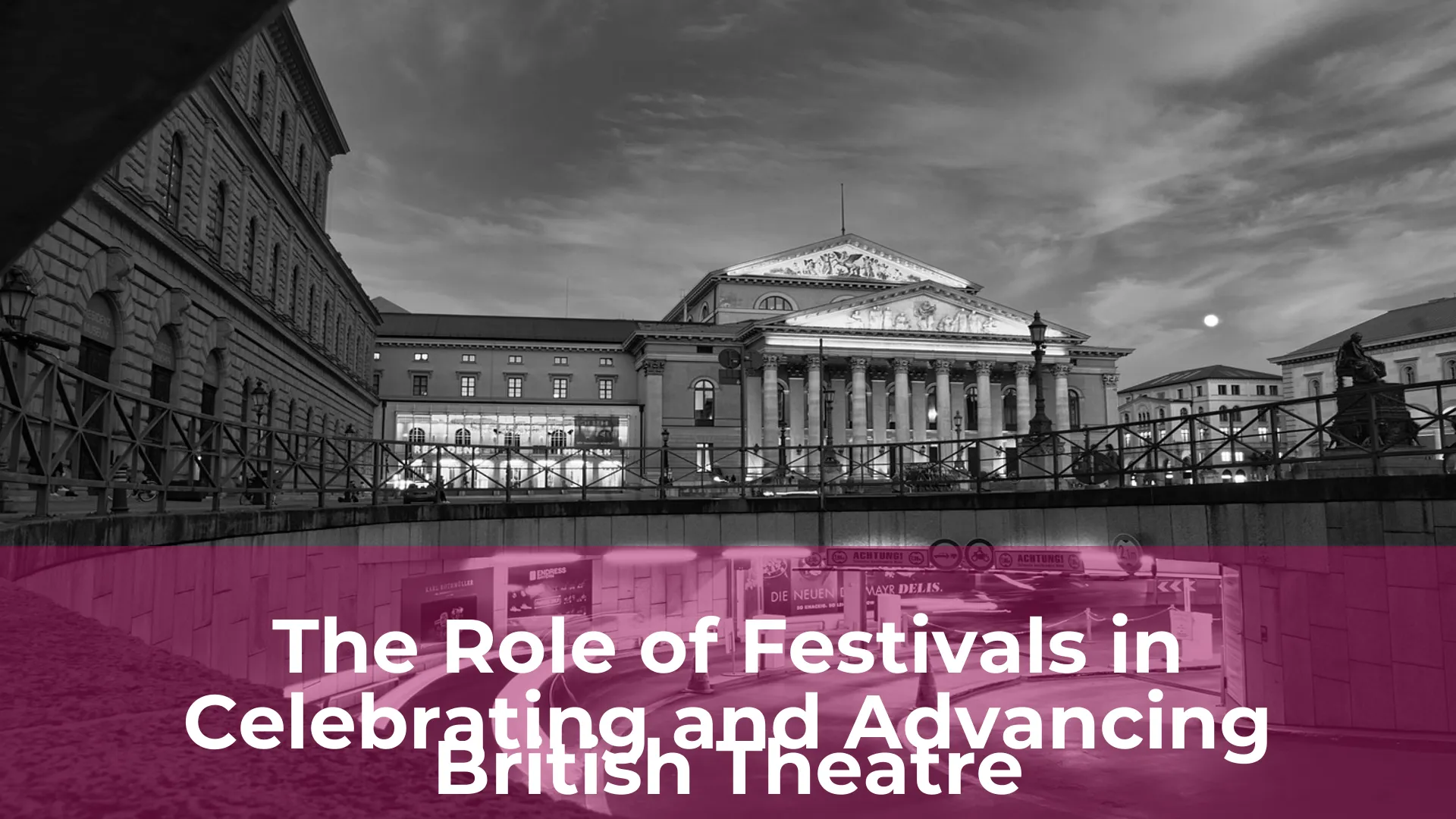The United Kingdom is home to some of the most renowned theatre productions and talents in the world. Every year, numerous festivals take place across the country to celebrate and advance British theatre. From Edinburgh’s Fringe Festival to the prestigious Royal Shakespeare Company’s season at Stratford-upon-Avon, these festivals provide a platform for established and emerging artists to showcase their work.
One of the key roles of these festivals is to promote diversity and inclusion in theatre. Many festivals prioritize showcasing a range of voices and perspectives, from different regions of the UK and beyond. They often feature productions that explore social, environmental and political issues, while also highlighting the importance of the arts in society. These festivals not only provide entertainment and cultural enrichment, but also foster dialogue and critical thinking among audiences.
Introduction: The Importance of Festivals in British Theatre
Festivals are a vital part of British theatre culture, bringing together audiences, performers, and industry professionals from around the world. These events provide a platform for new and established artists to showcase their work, and offer audiences the opportunity to experience a diverse range of performances. From the iconic Edinburgh Fringe to the vibrant Manchester International Festival, festivals are a celebration of creativity and innovation in the performing arts.
One of the benefits of festivals is their ability to bring attention to lesser-known productions and performers. Smaller productions that may struggle to attract audiences outside of their hometowns can gain exposure and recognition through festival appearances. This exposure can lead to further opportunities for the production and its creators, such as additional performances or invitations to other festivals. Festivals also allow established theatre companies to experiment with new styles, techniques, and subject matter, keeping the art form fresh and relevant.
Festivals are not only important for the theatre industry, but also for the local economy. Cities that host festivals see an increase in tourism and spending, as well as a boost in cultural activities. Local businesses benefit from the influx of visitors, and the festival itself creates jobs and opportunities for those in the hospitality and service industries. In addition to the economic benefits, festivals foster a sense of community and cultural exchange, bringing people from different backgrounds and perspectives together to celebrate and appreciate the arts.
History of Festivals in British Theatre
Festivals have been an integral part of British theatre history since the Middle Ages. Many of the earliest festivals were religious in nature and were held in churches or other places of worship. The most popular of these was the Miracle or Mystery Play, which dramatized stories from the Bible and other religious texts.
During the Elizabethan era, theatre festivals evolved into a more secular form, becoming a popular form of entertainment for the masses. The most famous of these festivals was the annual Shakespeare Festival, which was held in Stratford-upon-Avon from 1769 onwards. The festival attracted thousands of theatre-goers from across the country and helped to establish Shakespeare as one of the most important playwrights in history.
In the 20th century, British theatre festivals continued to evolve, with new types of festivals emerging that catered to different interests and audiences. The Edinburgh Festival Fringe, for example, began in 1947 as an alternative to the Edinburgh International Festival and has since become the largest arts festival in the world, showcasing a wide range of theatre, comedy, music, and other performances.

